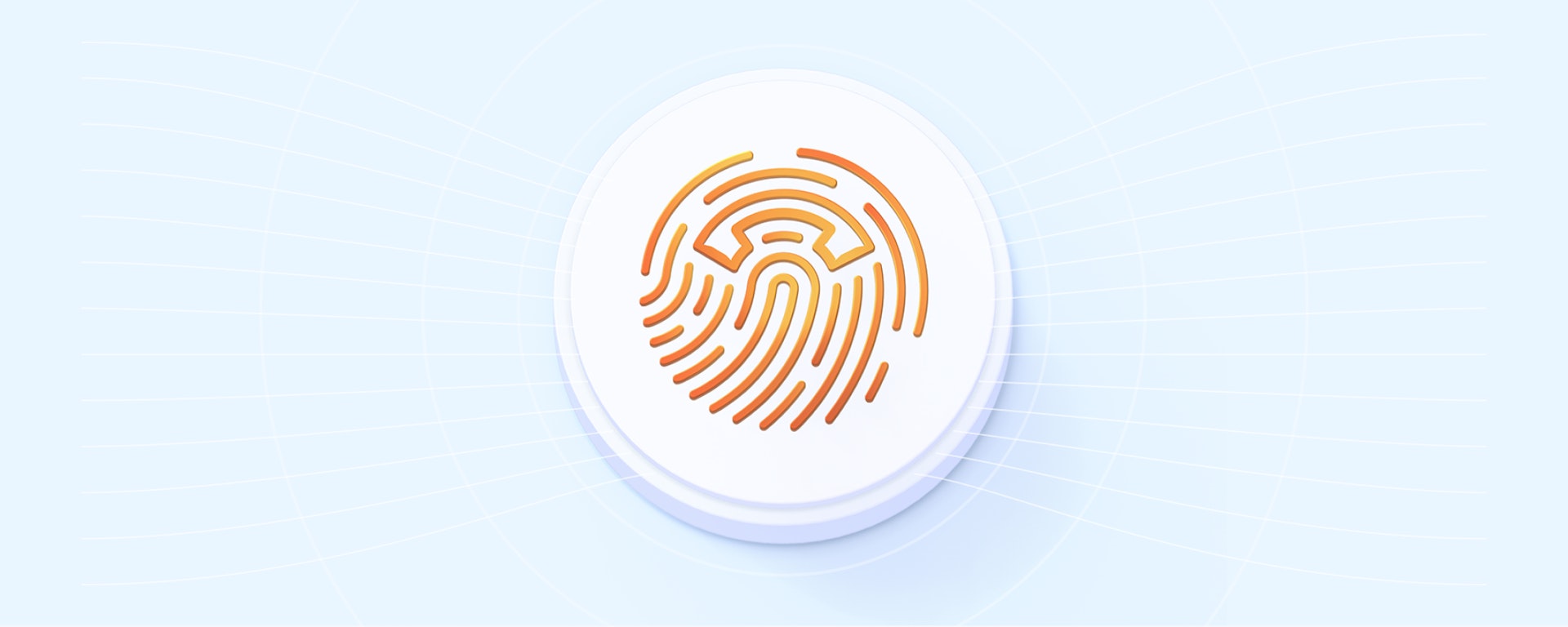VoIP (Voice over Internet Protocol) has quickly become a default business technology, powering customer support, internal collaboration, and day-to-day operations. But as reliance on digital communication grows, so do the risks. According to Statista, the average cost of a data breach in the U.S. reached $9.36 million in 2024, while the global average stood at $4.88 million, underscoring the critical importance of security for businesses using VoIP.
As adoption grows, so do the risks. VoIP calls, like any digital data, can be intercepted, manipulated, or stolen if not properly secured. The question is not whether businesses should use VoIP, it’s whether they are using it securely.
VoIP security best practices depend on both the provider’s protections and the user’s habits and adherence to protocols.. With the right safeguards, VoIP can be not only safe but also more secure than traditional phone systems.
Are VoIP Phones and Calls Secure?
Yes, VoIP phones and calls can be secure if the right protections are in place. But the reality is a bit more nuanced.
VoIP works by converting analog voice signals into digital data packets, which are then transmitted over the internet or other packet-switched networks. This makes VoIP cost-effective, flexible, and easy to integrate with business applications. At the same time, it also means that voice data is subject to the same risks as any other type of online communication, interception, hacking, or data theft.
So, is VoIP secure? The answer depends on two critical factors:
- Your provider’s security framework – A reputable VoIP provider will implement advanced safeguards such as end-to-end encryption, secure signalling protocols (like TLS/SRTP), multi-factor authentication, and session border controllers to prevent unauthorized access and attacks.
- Your organization’s security practices – Even the most secure provider can’t fully protect you if employees use weak passwords, connect from untrusted devices, or ignore security updates. Best practices such as IP whitelisting, password expiration policies, and role-based access are essential.
The truth is, no technology is 100% immune to attacks. Recent incidents, such as the supply chain attack on 3CX’s VoIP platform, remind us that even established providers can be targeted by hackers. That’s why choosing a security-focused provider, and maintaining strict internal controls, is key.
When properly configured and maintained, VoIP systems are not just secure but often more secure than traditional phone lines. Unlike legacy telephony, VoIP offers advanced features like real-time monitoring, granular access controls, and regulatory compliance support (e.g., GDPR, HIPAA, PCI DSS). These layers of defense ensure that calls remain private, data stays protected, and businesses can confidently rely on VoIP for critical communications.
In short: VoIP calls are secure when businesses partner with the right provider and follow best practices. Without those measures, the very flexibility that makes VoIP attractive can also make it a target.
What are Common VoIP Security Threats and Risks?
Statistically, VoIP-based cyberattacks have surged by over 200% in recent years, with a reported 25% increase year-over-year as of 2025. As the global VoIP market continues to expand, so does the potential attack surface, making awareness of key threats more critical than ever.
Some of the most common VoIP security risks include:
Eavesdropping and Call Interception
Hackers can exploit weak encryption or unsecured networks to listen in on calls and capture sensitive data like personal details or financial information.
Denial of Service (DoS) Attacks
By overwhelming a VoIP system with traffic, attackers can disrupt communication, making phone services temporarily unavailable.
Toll Fraud and War Dialling
Cybercriminals may hijack VoIP systems to make unauthorized international calls, often resulting in hefty financial losses.
Vishing and Social Engineering
Similar to phishing, attackers use VoIP calls to trick users into revealing confidential information, posing as trusted organizations or colleagues.
Malware and System Infiltration
Malicious software can be deployed to infiltrate VoIP networks, potentially compromising not only communication but also the wider IT infrastructure.
What are the Top VoIP Security Solutions You Should Look For?
Cyber threats against VoIP are growing fast, making security a top priority. PBX.IM protects your communications at every level, from encrypted calls to strict compliance and global infrastructure. Here are the essential VoIP security solutions to look for:
- End-to-End Encryption – All calls and data are secured with TLS and SRTP protocols in transit, while customer information is stored with AES 256-bit encryption on Google Cloud. This ensures conversations remain private and protected from eavesdropping.
- Comprehensive Compliance – PBX.IM meets the world’s strictest data protection and industry standards, including GDPR, ISO 27001, HIPAA, PCI DSS, SOC 2, and is a proud Cloud Security Alliance (CSA) member. This level of compliance makes it suitable for industries that handle sensitive client or patient information.
- Session Border Controllers (SBCs) & Network Protection – SBCs, Firewalls, and Intrusion Detection/Prevention Systems (IDS/IPS) safeguard your system against call interception, fraud, and other malicious activities, ensuring data integrity and secure connections.
- Access & Identity Management – Advanced controls like role-based access, Two-Factor Authentication (2FA), IP whitelisting, country restrictions, password expiration policies, and restricted access to call recordings give you total control over who can access sensitive communication data.
- Spam & Fraud Protection – Integrated STIR/SHAKEN frameworks block spam, robocalls, and fraudulent calls, while toll fraud prevention mechanisms ensure attackers can’t exploit your VoIP lines for costly unauthorized calls.
- Redundancy & Uptime – With 99.999% guaranteed uptime and data centers distributed across all continents, PBX.IM minimizes downtime and ensures your business communication remains seamless and reliable worldwide.
- Regulatory-Ready Security – Whether your business handles financial transactions, patient records, or client-sensitive projects, PBX.IM’s layered security protocols and global compliance standards provide the peace of mind and trust you need.
What are VoIP Security Best Practices?
Even with a secure VoIP solution like PBX.IM, end users play a crucial role in protecting their communication systems. By applying simple yet effective security practices, businesses can minimize risks and ensure that only authorized people access sensitive data. Some of the most important measures include:
- Role-Based Access – Assign permissions based on job roles to ensure employees only have access to the features and data they need. This reduces the risk of accidental misuse or insider threats.
- Two-Factor Authentication (2FA) – Strengthen login security by requiring a second step, such as a code sent to a mobile device, making it much harder for unauthorized users to gain access.
- IP Whitelisting & Country Restrictions – Limit access to your VoIP system by allowing only trusted IP addresses or restricting access from specific countries, effectively blocking suspicious logins.
- Password Expiration Policies – Enforce strong passwords and regular updates to prevent attackers from exploiting old or compromised credentials.
- Controlled Access to Call Recordings – Restrict recordings to specific IPs or regions so only authorized users in approved locations can review sensitive call data.
By combining PBX.IM’s built-in protections with these best practices, businesses create a layered security approach that keeps their communications private, compliant, and resilient against threats.
How to Choose a Secure VoIP Provider?
When selecting a VoIP provider, cost is always a consideration, but security should never take a back seat. Your communication system is the heart of your business, and protecting it requires careful evaluation of the provider’s security framework. Here are the key factors to focus on:
- Budget – Affordability matters, but balance price with the security features offered. A cheaper solution without proper safeguards could cost more long-term due to fraud or breaches.
- Security – Ensure the provider offers end-to-end encryption (TLS, SRTP), AES 256-bit storage, Session Border Controllers, IDS/IPS, and advanced spam blocking. PBX.IM delivers all of these, giving you enterprise-grade protection by default.
- Third-Party Integrations – Your provider should secure integrations with CRMs, helpdesk tools, Microsoft Teams direct routing, and other platforms. PBX.IM maintains compliance standards across all integrations, ensuring your data remains safe no matter where it flows.
- Customer Satisfaction – Look for a provider that backs up security with 99.999% uptime, global redundancy, and strict compliance (GDPR, HIPAA, ISO 27001, SOC 2, PCI DSS, CSA). PBX.IM ensures your business is always connected and compliant.
- The Heart of Your Telephone System – Your VoIP service isn’t just a tool; it’s a business-critical lifeline. PBX.IM’s layered protections, from role-based access controls and 2FA to country restrictions and call-recording limits, secure your communications where it matters most.


David Pop is a copywriter and marketing strategist specializing in VoIP and business communication solutions. At PBX.IM, he leverages his expertise in cloud telephony and modern communication technologies to craft clear, insightful content that helps business leaders and IT professionals understand and optimize their systems. With extensive experience in marketing and content development, David brings precision and clarity to complex topics, ensuring businesses can make informed decisions about their communication infrastructure.


